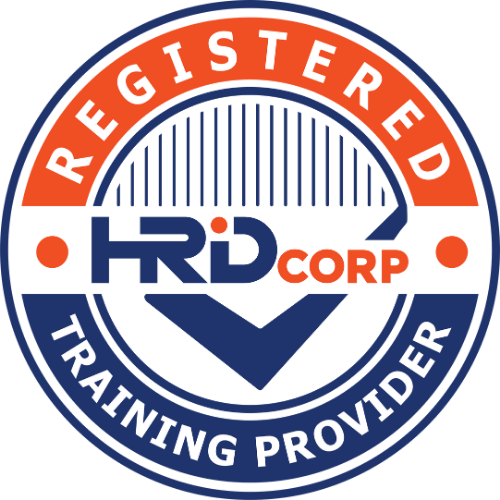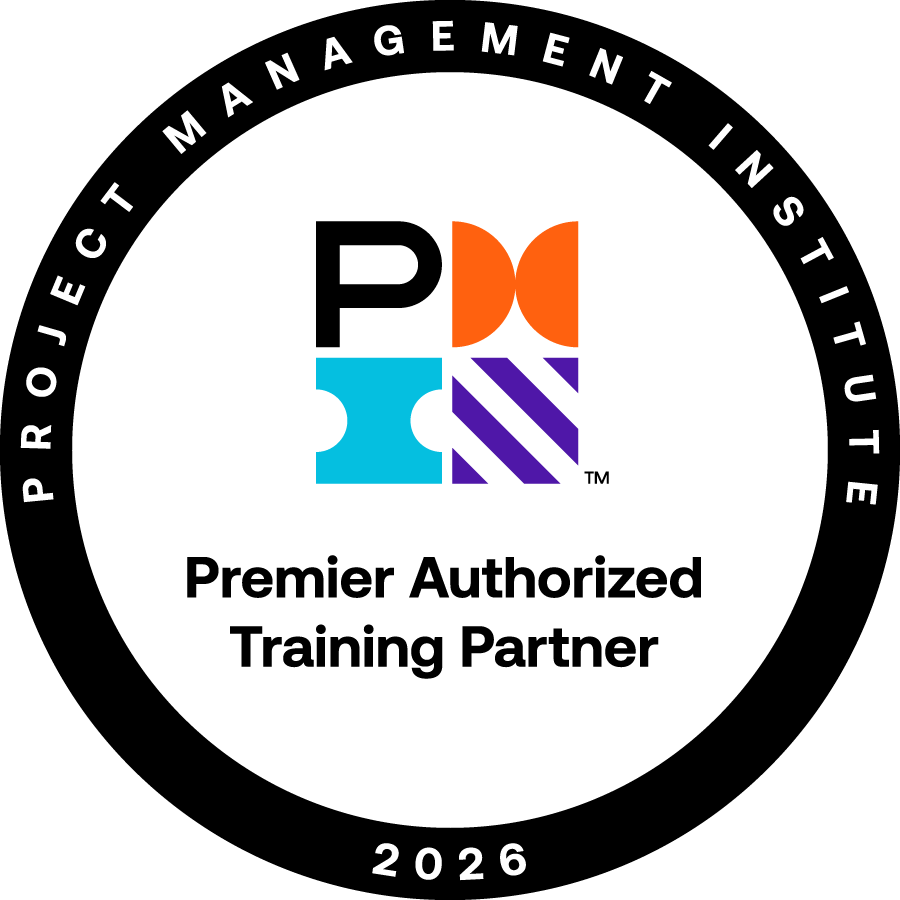Embracing Agility:Beyond the Tools
In this rapid business environment, adaptability and responsiveness have become indispensable traits for success. The Agile methodology, with its focus on improving the products and services has emerged as a potent solution for staying competitive.
Agile Project Management uses different tools compared to the traditional ways of managing projects. However, while these tools undoubtedly play a significant role in facilitating the implementation of Agile practices, they are not the sole key to unlocking the true potential of Agility. If someone gives you a football, would you automatically become a good footballer?
In this article, we will explore the notion that Agile tools are just one aspect of a broader transformation that involves culture, mindset, and a dedication to continuous improvement.
Agile Tools: A Supporting Role
Agile tools encompass a wide range of software applications and platforms designed to streamline Agile project management. Popular examples include JIRA, Trello, Asana, and many others that assist teams in visualizing workflows, managing tasks, and fostering collaboration. These tools undoubtedly provide valuable benefits, such as enhanced transparency, improved communication, and increased efficiency. Nevertheless, relying solely on Agile tools to instil Agility within an organization is an incomplete approach.
Cultural Shift: The Foundation of Agility
Agility can be achieved within a culture that values open communication, trust, and adaptability. Implementing Agile practices requires a fundamental cultural shift, where top-down hierarchies are replaced with empowered teams, and failures are viewed as opportunities for learning and growth. It demands an environment that promotes experimentation, creativity, and continuous improvement. For example, McDonalds continuously innovate and adapt their menu to meet evolving customer preferences. The company conducts market research and monitors consumer trends to introduce new products.
Without a supportive culture, even the most advanced Agile tools will struggle to deliver the desired results. If team members are resistant to change or harbour a fear of failure, the Agile framework will be hindered in its ability to deliver its full potential.
Mindset: The Driving Force
At the heart of Agility lies the Agile mindset, which emphasizes collaboration, customer-centricity, and responsiveness to change. While Agile tools can certainly facilitate adopting an Agile mindset, it is the individuals within the organization who must embrace and embody these principles.
An Agile mindset encourages teams to view problems as opportunities, prioritize customer needs, and constantly seek feedback for improvement. It challenges conventional thinking and encourages teams to remain adaptable in the face of uncertainty. In Toyota, Andon lights are used to highlight abnormalities or problems in the production process. It enables operators to signal for assistance when an issue arises, triggering a quick response to resolve the problem.
Continuous Improvement: The Journey
Agile is not a one-time implementation that yields immediate results. Instead, it is an ongoing journey of continuous improvement. Agile tools alone cannot ensure this journey's success; they can only support and optimize the processes when guided by the right cultural principles and mindset. Organizations that thrive in Agile are those that regularly inspect and adapt their practices. They welcome feedback, identify areas of improvement, and make necessary changes to enhance their performance continually.
In conclusion, agile tools are undeniably valuable assets for modern project management. However, they should be viewed as supportive elements rather than the sole solution to achieving true Agility. A successful Agile transformation demands more than just implementing the latest tools; it requires a cultural shift, an Agile mindset, and a commitment to continuous improvement.
Organizations that recognize and embrace this holistic approach to Agility will be better equipped to navigate the complexities of the modern business landscape, deliver exceptional results, and foster an environment of innovation and success for years to come.
True Agility is not solely about the tools, but about the people and their collective dedication to the Agile principles that will drive success in the long run.
Udhay Sharma,
Sharma Management International.
For more details on how to acquire skills on Agile Tools, please email enquiries to contact@sharma.com.my






